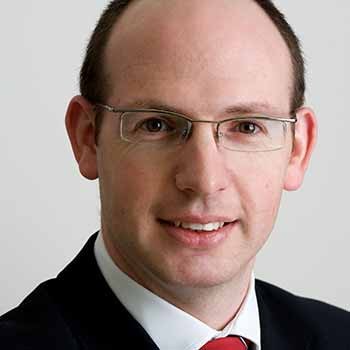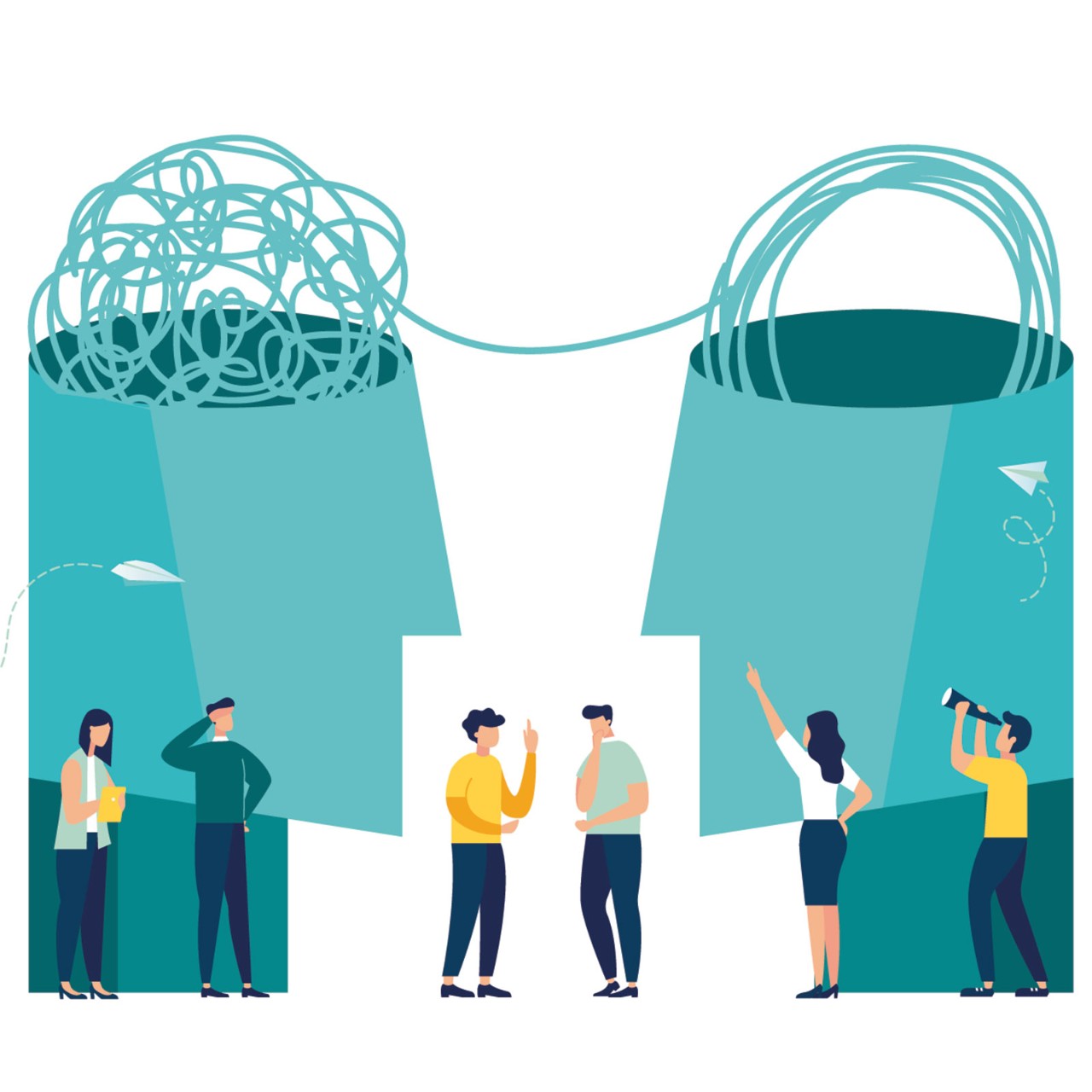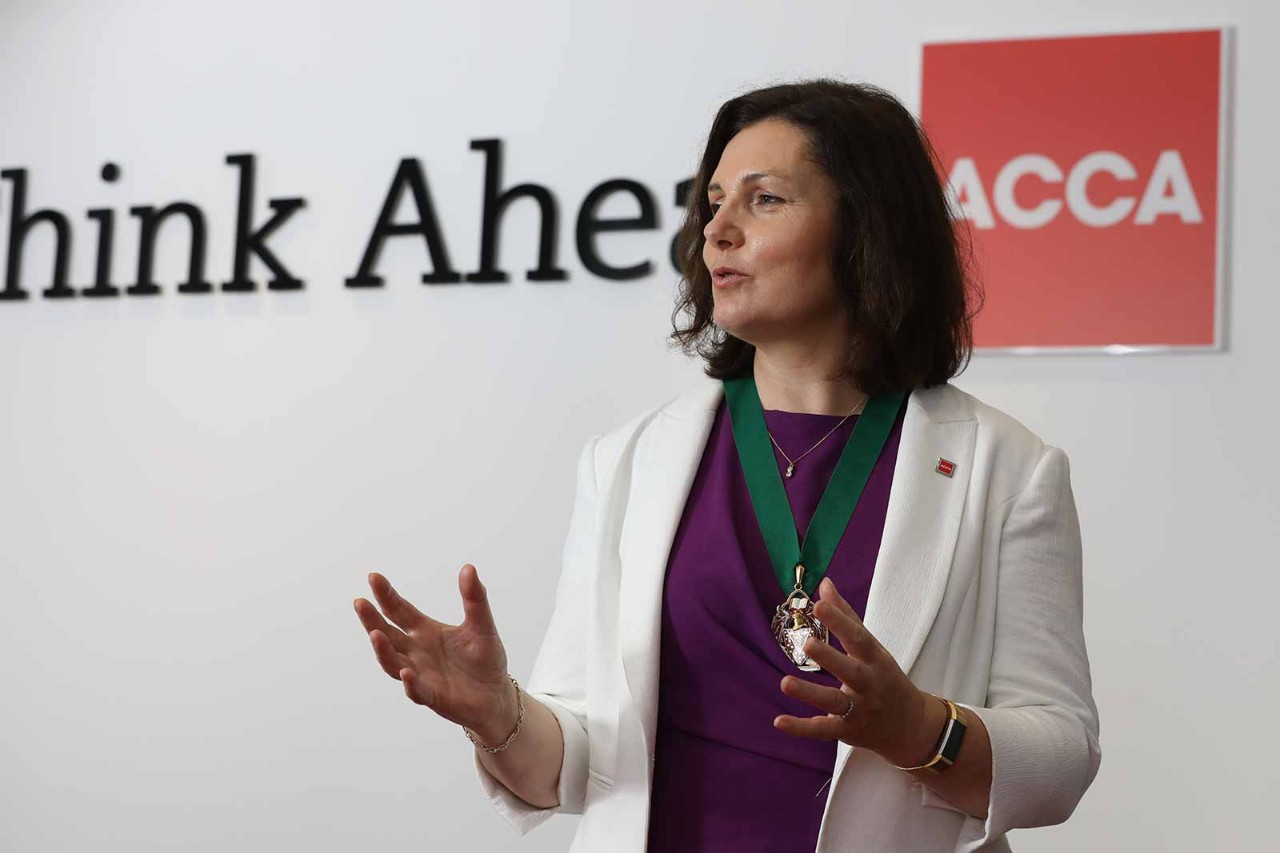Cusack Garvey was established in 2005. We see ourselves as a medium-sized firm that provides big firm expertise combined with small firm approachability. We advise local and international companies, family offices, professionals, the self-employed, and company directors. We employ approximately 20 people.
As a partner in a medium-sized firm, I deal with a variety of accounts, audit and tax issues on a daily basis. However, taxation is my chosen discipline. I enjoy dealing with complex tax cases and was the tax adviser on the landmark Capital Acquisitions Tax case Deane v The Revenue Commissioners [2018] IEHC 519. Revenue had denied a claim for the dwelling house exemption from inheritance tax, and we took the case to the Tax Appeals Commission, where we were successful; Revenue appealed to the High Court, which ultimately ruled in our favour. Success in the case has provided something of a calling card in terms of the firm’s reputational strengths, but I’m also acutely aware of what it means for an individual or business to be involved in litigation around tax.

The Deane v Revenue tax case has provided something of a calling card in terms of our reputational strengths, but I’m also acutely aware of what it means for an individual or business to be involved in tax litigation
Further information
See ACCA’s Practice Connect hub for small and medium-size practitioners
In terms of serving our clients, given the challenges of the last year, our goal in 2021 is to help our clients weather the Covid storm and bounce back even stronger. The vaccination rollout gives us a real sense that we are at a turning point in the battle. We were fortunate to update our IT systems just prior to the pandemic so we were already set up for remote access for employees and clients. Loss of service hasn’t been an issue, but we’ve had to change the way we do some things, on audits for example, because lockdown restrictions often mean it isn’t possible to get access to a client’s premises.
Once it is possible to go back to the office, I believe younger people in particular will be very keen to do so. This is both for the camaraderie and the learning benefits from working side by side with colleagues. For many people, working from home has been a boon, but not everyone has the space and facilities to make it an enjoyable experience. From my own point of view, I still consider my home to be where my family is and where I can have a complete change of pace and switch off from work.
Looking to the year ahead, my biggest concern is for business owners and the self-employed. They carry the same risk as everyone else when it comes to Covid-19 but have the added risk of losing their businesses and even their homes as a result of the pandemic. The longer the economy is closed, the higher that risk becomes. It’s almost impossible for anyone to understand that pressure unless they’ve been in the situation themselves, and I worry sometimes that our decision-makers are not fully aware of that reality.
On a personal level, the biggest learning from the pandemic has been how fragile a world we live in. From a business perspective, the message that you must carry sufficient working capital has never been clearer. The pandemic has shown once again that cash is king. Businesses that are well capitalised are in the best position to survive and recover quickly.
I’ve worked through a few boom-and-bust cycles at this stage in my career, and the one certainty is that both boom and bust come to an end at some point. This pandemic will also come to an end, and hopefully it will be sooner rather than later!





